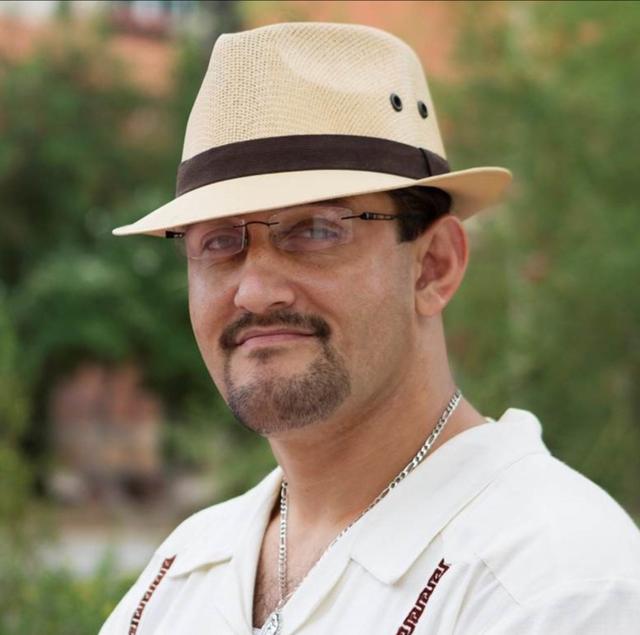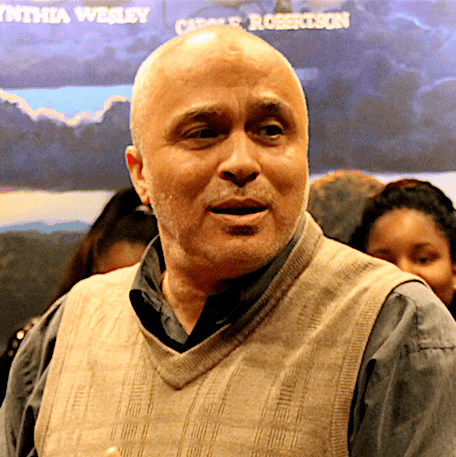Jacqueline Battalora is a passionate and engaging speaker addressing the complexities of what it means to be white within a nation that imposed racial hierarchy as a matter of founding law. She is the author of Birth of a White Nation: The Invention of White People and Its Relevance Today, 2nd Ed., an attorney and professor of sociology & criminal justice at Saint Xavier University in Chicago, and a former Chicago Police Officer. Jacqueline serves on the Board of Directors of the Oscar Grant Foundation and is the Founder of the annual, 3-day virtual conference, Freedom to Learn Summer.
For almost 100 years after establishing the Virginia Colony, Europeans were the common settlers, but none were called “white” people. Do you ever wonder where the term “white people” even came from? How did this category turn into a way to oppress some people and elevate others? If you could use some tools for spotting practices and policies that unfairly elevate white people, Jacqueline’s presentations can help.
Jacqueline explores a legal history that reveals race as a construct and exposes the roots of a mindset that is foundational to the United States shaping every institution, workplace, and community. With skill and rich detail, she takes participants through the inventive process and toward the society we confront today. While she keeps the spotlight on racial constructs, the trade in women’s bodies and the workings of class oppression are retained in this intersectional telling of the invention of white people.
For white people, her approach helps to remove defensiveness and positions participants to be motivated for transformation, gaining confidence through legal facts to be more open, mindful and understanding. For Latinx, Asian, Black, Indigenous and Pacific Islanders, Jacqueline’s work provides a shared framework of domination experienced uniquely by virtue of context and culture. The social construction narrative makes absolutely clear the destructive impact that whiteness has had on all people living in the United States and beyond.
In addition to her book, Jacqueline is an editor for the Journal of Understanding and Dismantling Privilege, and the author of dozens of articles. Her work is featured on The King Center, NonViolence365 training series and the following documentary films: The American L.O.W.S. (Netflix) by Darnley R. Hodge, Jr.; HAPI by Gerard Grant and forthcoming, The Social Construction of Whiteness by Art Jones.
White Competency: A Blueprint for Racial Justice in a Global Pandemic
The crises brought on by the COVID-19 pandemic are a recipe for disaster for those already on the margins of U.S. society. The especially brutal impact for Black, Brown, and Indigenous communities is a result of centuries of health and economic inequities with Whiteness at its core. In this presentation, Dr. Battalora explains and examines Whiteness, the dynamic processes and practices linked to relations of domination that position those seen as white above all other people. The assumptions and expectations that Whiteness produces are used to illuminate pathways out of the division and domination it creates. Dr. Battalora, draws from her Whiteness Competency Course and Kimberle Crenshaw’s Intersectionality framework to help us better understand and strategize how we might achieve true racial justice within our daily work as well as institutional structures and practices.
Going Back To Go Forward
This lecture covers where, when, how, and why the human category called “white people” was first utilized in law and its role in radically reorganizing society. The history exposes race as a construct and reveals a mindset that is foundational to the United States shaping every institution and workplace. This lecture is has the greatest impact on the front end of diversity and inclusion efforts. It helps people stay rooted in facts, dramatically diminishes defensiveness, and advances shared understanding.
Behind the Blue Line: White Supremacy and Policing
In the wake of George Floyd’s killing last year, local and state governments have passed dozens of police oversight laws aimed at curbing the use of excessive force. Even with the conviction of Derek Chauvin in Floyd’s murder, police still mostly enjoy impunity as they continue to kill at the same rates since 2013, with Black and Brown people still targeted disproportionately. What will it take to stop the killings and create real accountability and community safety? Dr. Battalora is also a former Chicago police officer and she knows first hand that white supremacy and misogyny are at the root of the problem - within recruitment, training, and police culture and in police academies, departments, and associations. After all, a society steeped in racialized and gendered ideas about bodies, reflects them in its structures and systems, assumptions and expectations. In this powerful presentation, she traces how the problems with policing are rooted in U.S. colonization, slavery, the law of coverture, and capitalism, and takes a look at the state of law enforcement today and the calls to divest from deadly policing and invest in public safety.
How U.S. Law & Policy Divides Us
This lecture begins with a consideration of law created by the nations’ founders that gave unearned advantage and disadvantage ensuring that lives of people would be dramatically different. Immigration policy, marriage law, and naturalization are considered through the 19th and 20th Centuries for what they reveal about the range of experience in the U.S. for those seen as white and for various groups seen as not white. The material exposes the roots of the white = American equation. This lecture is intended to follow Going Back To Go Forward and advances a knowledge base well beyond an introductory level.
Sexuality & Race: Constructions of Difference
Learn about the similarities and divergences in the social construction of race and sexuality. This lecture draws upon the work of Johnathan Ned Katz and surfaces patterns in the constructive work of making human difference. This lecture is ideal for those seeking to draw connections between structures of exclusion and inclusion.
Anti-Bias Training
Training begins by laying down a historical record of the invention of “white people” and the investment of that invention within the United States. Through interactions, small group work and individual and collective processing, contemporary manifestations of this foundational history are explored and analyzed. Drawing upon institutional mission and the broader U.S. promises of equal opportunity and liberty, participants explore what must change, what should remain, and strategize concrete steps toward these ideals within daily work and institutional structures and practices.










